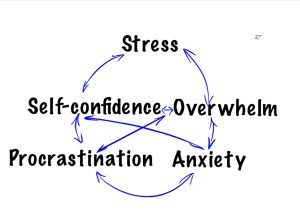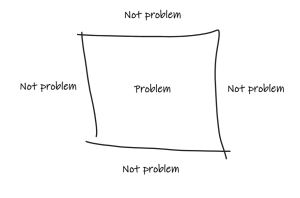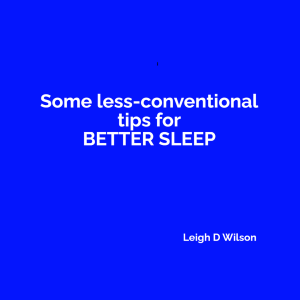This social media comment highlights a common yet often overlooked issue in the professional world: Impostor Syndrome. It’s that nagging voice in your head, the one that says you’re not good enough, that you don’t belong, that your achievements are merely the result of luck or being in the right place at the right time.
First, let’s demystify the term. Impostor Syndrome, a term coined by psychologists Pauline Rose Clance and Suzanne Imes in 1978, refers to an internal experience of believing that you are not as competent as others perceive you to be. It’s a psychological pattern that causes individuals to doubt their skills, talents or accomplishments and has a persistent internalized fear of being exposed as a “fraud”.
Impostor syndrome is more prevalent than you might think. It transcends industries, job levels, and even international borders. According to a study published in the Journal of Behavioural Science, an estimated 70% of people experience impostor feelings at some point in their lives. From fresh graduates to seasoned CEOs, anyone can fall prey to this self-doubting thought pattern.
So, how can you battle this internal enemy?
The first step is recognition. Acknowledge that these feelings of doubt exist and that they’re not an accurate reflection of your capabilities. Remember that everyone, at some point, has felt out of their depth – it’s a universal human experience.
Next, keep a success journal. Documenting your achievements and the positive feedback you receive can provide concrete evidence against your self-doubt. When you’re feeling like an impostor, refer back to this journal. The tangible proof of your accomplishments can help quiet the negative self-talk.
Thirdly, seek external validation. Don’t hesitate to ask for feedback. Reach out to colleagues, mentors, or managers and gain a better understanding of how your work is perceived. Often, you’ll find that others see your skills and accomplishments more clearly than you do yourself.
Finally, practice self-compassion. Understand that it’s okay not to know everything, and it’s okay to make mistakes. You’re human, and your worth is not solely determined by your job performance or professional achievements.
While the promotion might be new and the feelings of doubt may be overwhelming, remember that you were promoted for a reason. Recognize impostor syndrome for what it is—a distortion of reality, not a reflection of your abilities. By taking active steps, you can gradually silence the self-doubt, embrace your success, and truly step into your new role. It’s time to leave the impostor behind and step into the deserving professional you truly are.
If you want some help letting go of this issue, maybe we should chat.
#selfdoubt #imposter #anxiety #stress #worry #overwhelm #fear #procrastination #selfesteem #selfconfidence #emptiness #loneliness #failure #sadness #guilt #selftalk #burnout











